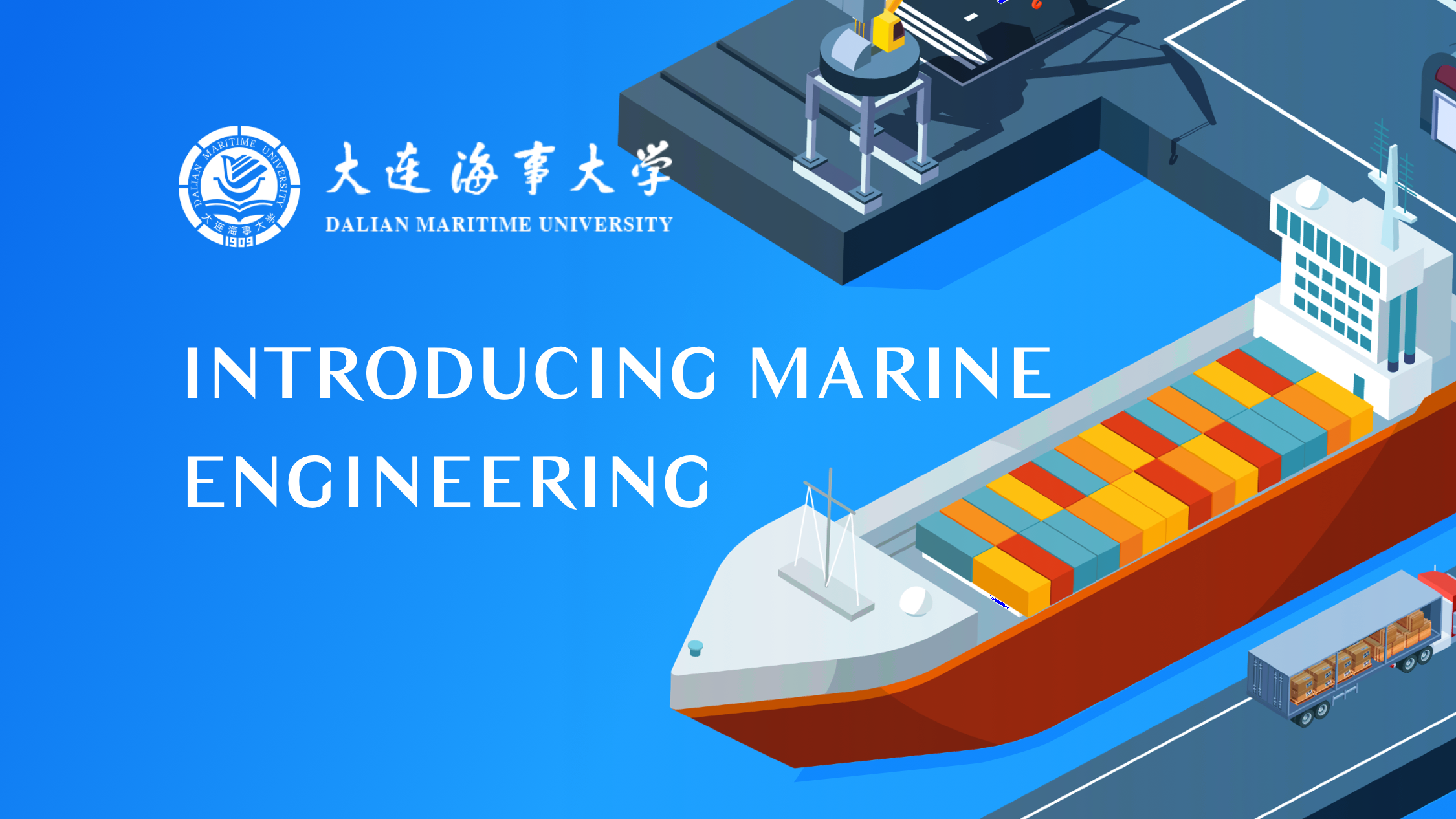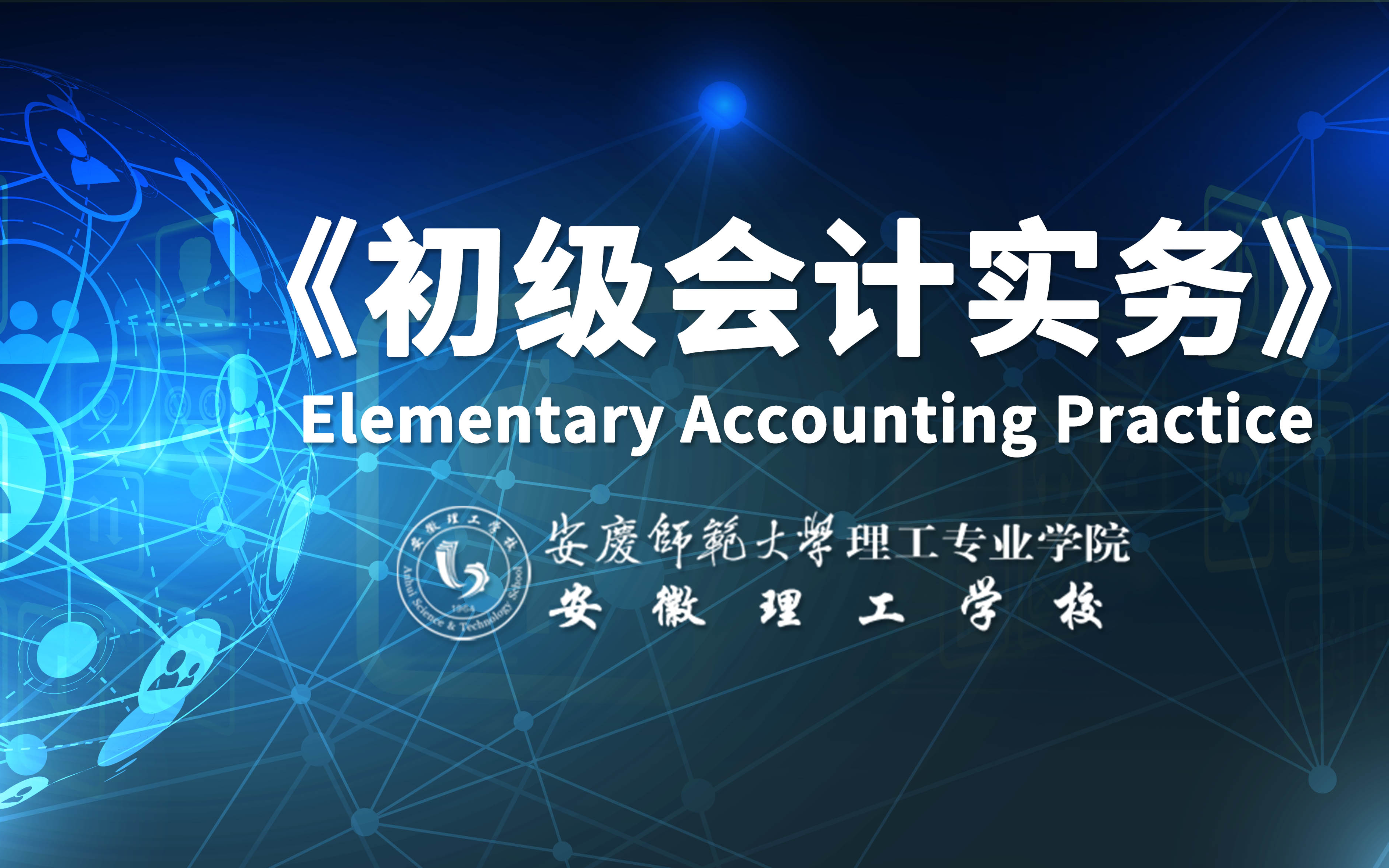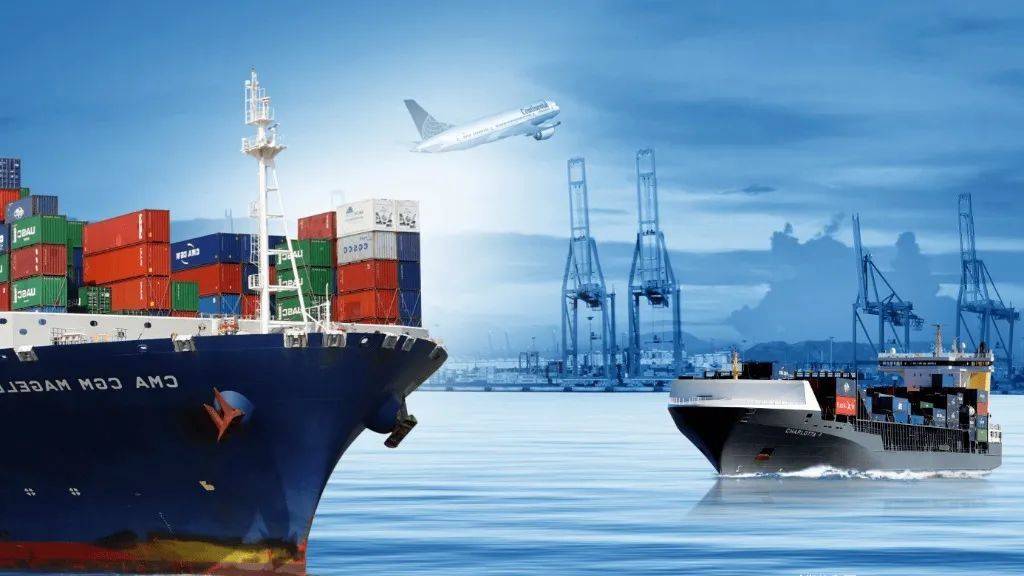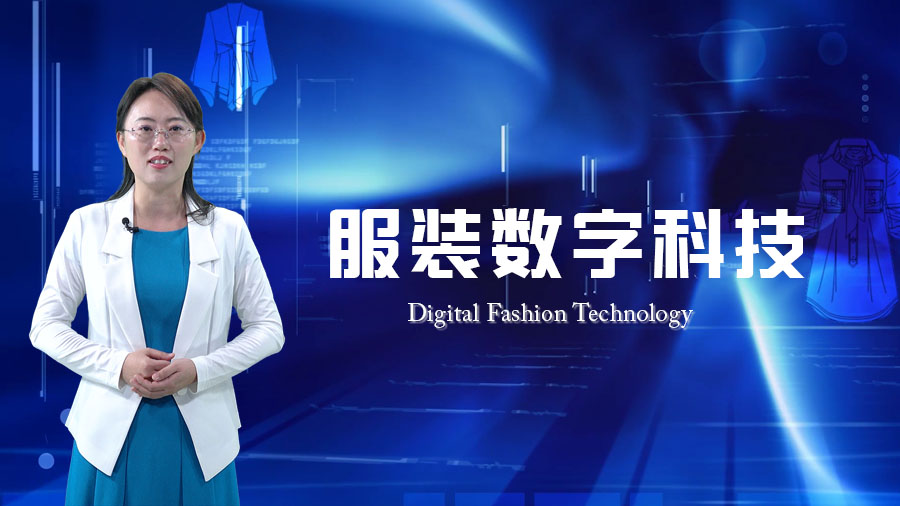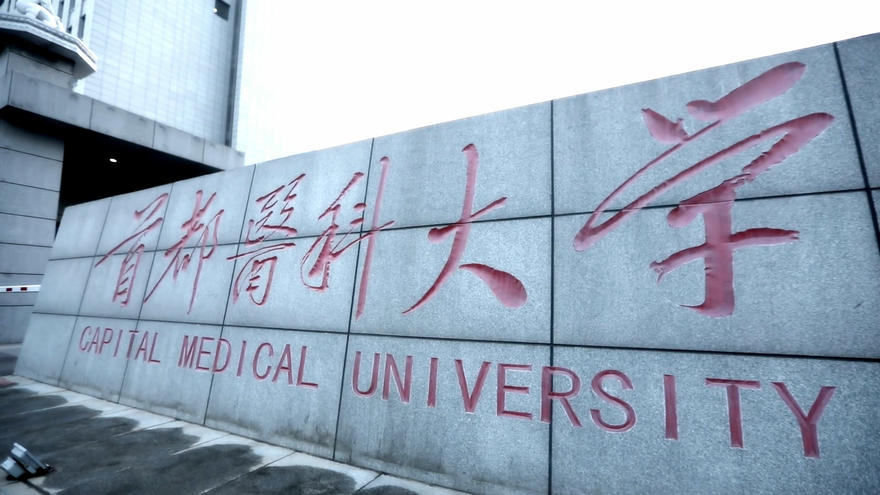
About This Course
The course Introducing Marine Engineering has been offered for 90 years since the major, marine engineering, was designed in Dalian Maritime University (DMU). This course aims to help the learners to understand ships, the marine power plant, the crew in the engine department and their main responsibilities, and master the composition of marine power plant, the source and working principle of the ship's power and electric power, and the composition and roles of the ship's power plant and its systems, auxiliary devices and anti-pollution equipment.
At present, in DMU, it is a 32-credit-hour course, and for some majors, it is a 16-credit-hour course. It is a compulsory course or distributional elective for those majoring in nautical science, law, rescue and salvage engineering, traffic management, etc. It is also an elective course for all students. Besides, as one of the orientation courses, it is compulsory for students majoring in marine engineering. More than 2,000 students learn this course every year.
This course has distinctive maritime characteristics. During the learning process, students have the chance to visit the training ship YUKUN, which has been welcomed by students for many years, and has achieved remarkable learning outcomes. However, with the introduction of national strategies such as building a maritime power, a transportation power and a shipping power, as well as the development of maritime technology and information technology, the contents and the teaching methods of the course also need to be updated. The teaching contents need to reflect how ships support national strategies, enrich students' life, and touch upon more maritime cultures, especially Chinese maritime cultures. The teaching methods need to fully implement the educational concept of "student-centered" and use virtual reality (VR) technology to display the equipment and the engine room.
Therefore, the course team members designed the MOOC, Introducing Marine Engineering, updating the course contents, such as international conventions and domestic regulations concerning the safety, environmental protection and management of marine power plant, new technologies such as EFI diesel engine, gas engine, unmanned ship, etc. Learners can see the virtual engine room to experience the convenience and efficiency brought by VR technology. The course team members have also carefully designed the lead-in of each lesson. They start the course by introducing the scenes in life, which is easier for learners to understand, and then lead the learners to acquire the specialized knowledge. They aim to talk about the marine power plant through life, and observe the society through the marine power plant.
In a word, Introducing Marine Engineering does not only help students majoring in marine engineering (especially freshmen and sophomores) to learn about marine power plant systematically, but also the non-majors and social learners to enrich their knowledge, understand national strategies and inherit maritime culture.
Requirements
No skill or knowledge is needed for students to take this course.
Course Staff
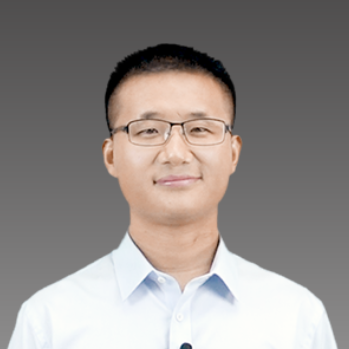
Zhao Junhao is an associate professor at Dalian Maritime University (DMU), the deputy director of Academic Affairs Department, and a second engineer of ocean-going ships. He teaches the marine engineering courses, undertakes relevant researches, and is responsible for management of education and teaching. He is the editor-in-chief and the co-editor of several textbooks (more than 600,000 words), and has published more than 20 articles in domestic and international journals. He is the leader of nine scientific research projects at the national, provincial, ministerial and school levels, and has participated in several research projects. He has won two provincial awards for teaching achievement, and one school-level award, and several teaching awards. As the course leader, he designed the curriculum and the contents of this MOOC.
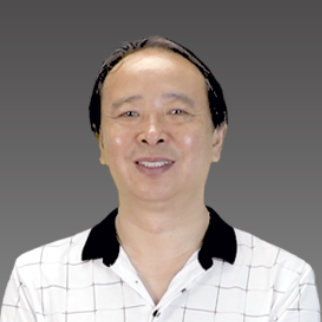
Wu Guitao is a professor at DMU and the director of Academic Affairs Department. He is responsible for the management of education and teaching and teaches the marine engineering courses. As the course leader of the national top-quality video open course Development of Marine Power Plant and the provincial top-quality course Introducing Marine Engineering, he has won five provincial awards for teaching achievement, and the second prize of Liaoning Province science and technology progress award.

Du Taili is an associate professor at Dalian Maritime University and a second engineer of ocean-going ships. His research focuses on intelligent ship, intelligent engine room and course teaching reform. He carries out 10 scientific research projects at the national, provincial, ministerial and school levels and has published more than 10 articles in domestic and international journals. He has won several national, provincial and school-level teaching awards.
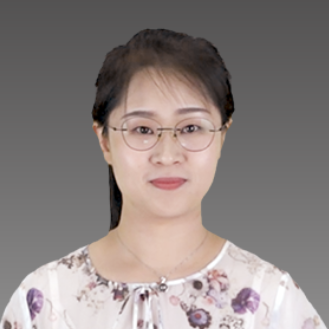
Wang Yingli is a lecturer at Dalian Maritime University. She took the second place of China in FLTRP (Foreign Language Teaching and Research Press) Star Teacher Contest in 2015. Her research interests cover maritime English teaching and foreign language education. She has written more than 10 textbooks.
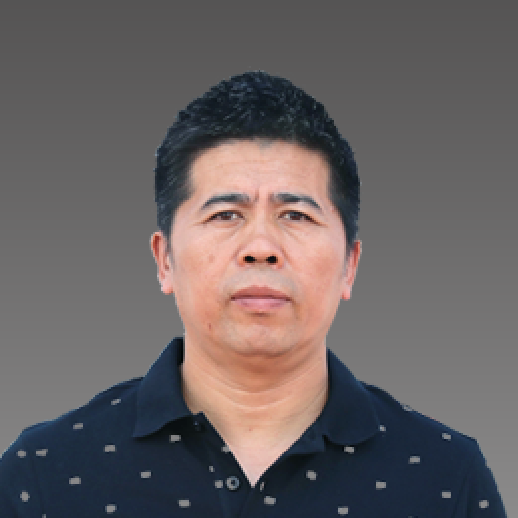
Wang Baojun is an associate professor at Dalian Maritime University, a second engineer of ocean-going ships, and the vice dean of Marine Engineering College at DMU. He undertakes research on marine engineering and is responsible for the management of education and teaching. He is the editor-in-chief of four textbooks, and the leader of four teaching reform projects. He has published more than 10 articles in domestic and international journals and won several teaching awards.
Frequently Asked Questions
What web browser should I use?
The Open edX platform works best with current versions of Chrome, Edge, Firefox, Internet Explorer, or Safari.
See our list of supported browsers for the most up-to-date information.

